By Ani Bundel
Most of Sunday at the San Diego Public Library for SDCC 2023 was a festival of the GeekEd collective panels. One of the more fascinating GeekEds panels was the first one to kick off the group, called “What Would Aunt May Do?” The panel basically ran down the lessons comics can teach to model behavior for those who are bullied and those who are allies, and how to confront potentially dangerous situations in a safe way. UC Berkeley’s Alfred Day moderated a panel consisting of Berkeley’s Emilie Mitchell, CSU’s Dr. Matthew Atherton and Dr. Zachary Hays, along with comic book creator and artist Jonnie Robinson on the topic.
Dr. Atherton began by pointing out how pop culture really distorts how crimes get solves and how to support victims. Dr. Hays mentioned those who ask why are there no superheroes in this world, wanting to know where are our vigilantes? Except the vigilantes are out there, as he noted the recent murder of Jordan Neely on the subway by a subway rider in a chokehold is actually a vigilante killing. This is why New Yorkers hate and fear Spider-Man. We know he’s a good guy, but they don’t, all they see is an anonymous person working outside the law and acting like rules don’t apply to them.
Robinson said that this is why he tries to avoid stories of those in “savior” mode, who swoop in and “save the day” without stopping to assess the situation. He likes to create characters who subvert that narrative, who get involved in small ways, being a hero in the every day. Atherton agreed, asking what a world with a Superman look like? It’s one where other people don’t step up or get involved, because Superman will just show up and fix it.
Day asked the assembled panel what is it about the vigilante narrative that attracts us, and the toxic masculinity that is deeply embedded in comic narratives. Mitchell responded that it’s about being in power and control. But in reality, the long game is the only way to make a better world for all of us, instead of trying to fix things super quickly without having to follow the rules. Superheroes are about doing it for themselves, where in the real world, it’s about doing it for the community.
Dr. Hays said it’s about asking yourself if you getting involved will really help the situation, or if what we’re doing is for ourselves, or if it’s really going to help the communities. He notes calling the police on a child selling water bottles or using a gas grill in a charcoal only area isn’t about helping, it’s about insisting your rules are the ones to be followed. Is anyone being harmed? Maybe don’t call then, as involving the police in certain communities can sometimes make things exponentially worse.
So when should one get involved? The panel discussed the CARE model: “Confront the situation; Alert others; Redirect attention; Engage after.” And “Alert” doesn’t always mean cops, maybe there’s someone harassing someone else at a bar, maybe tell the bartender. “Redirecting” doesn’t mean white knighting, if there’s someone having their boundaries violated at a party, make yourself an annoying third wheel and disrupt the dynamic. One doesn’t need to be a superhero to help, they can do everyday Aunt May stuff and be a quiet hero to make the world just a little better every day.
Miss any of our earlier SDCC ’23 coverage? Find it all here!



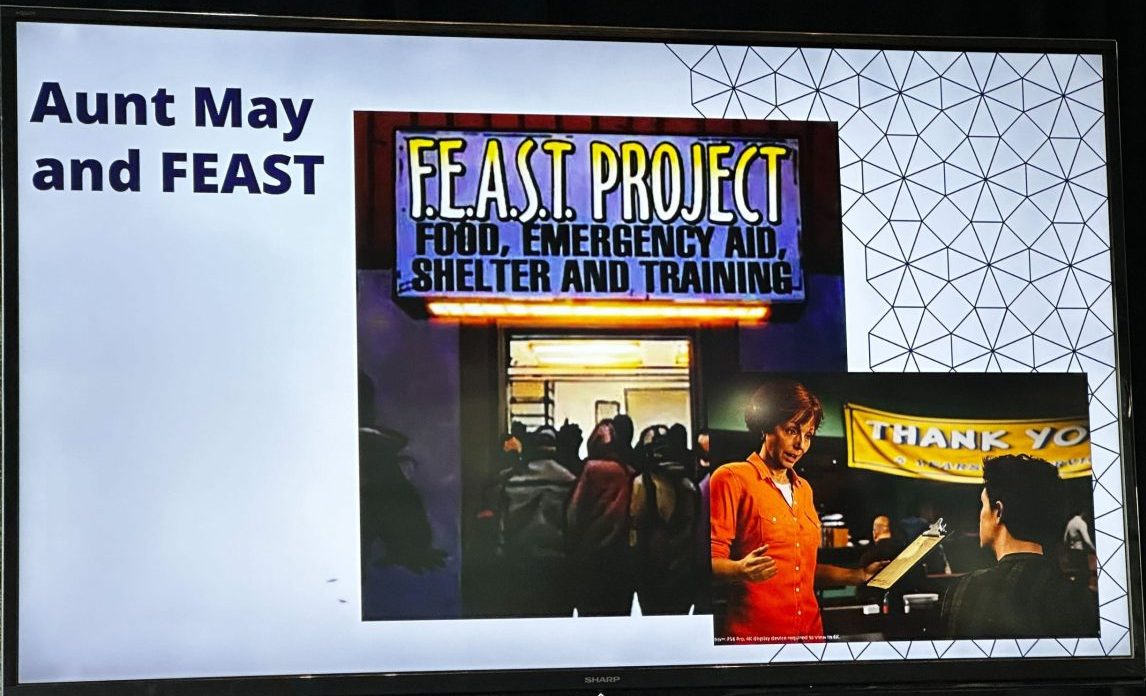
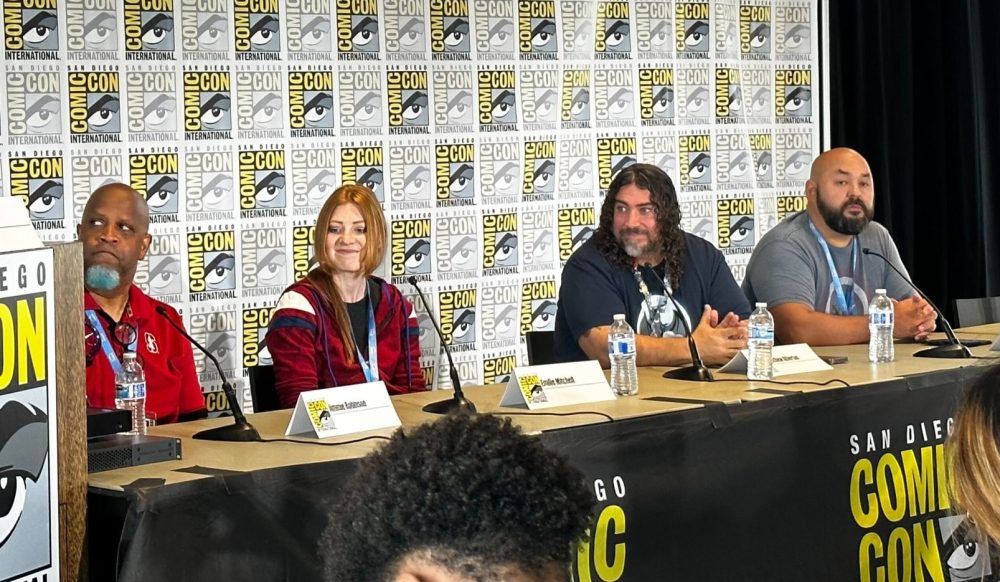
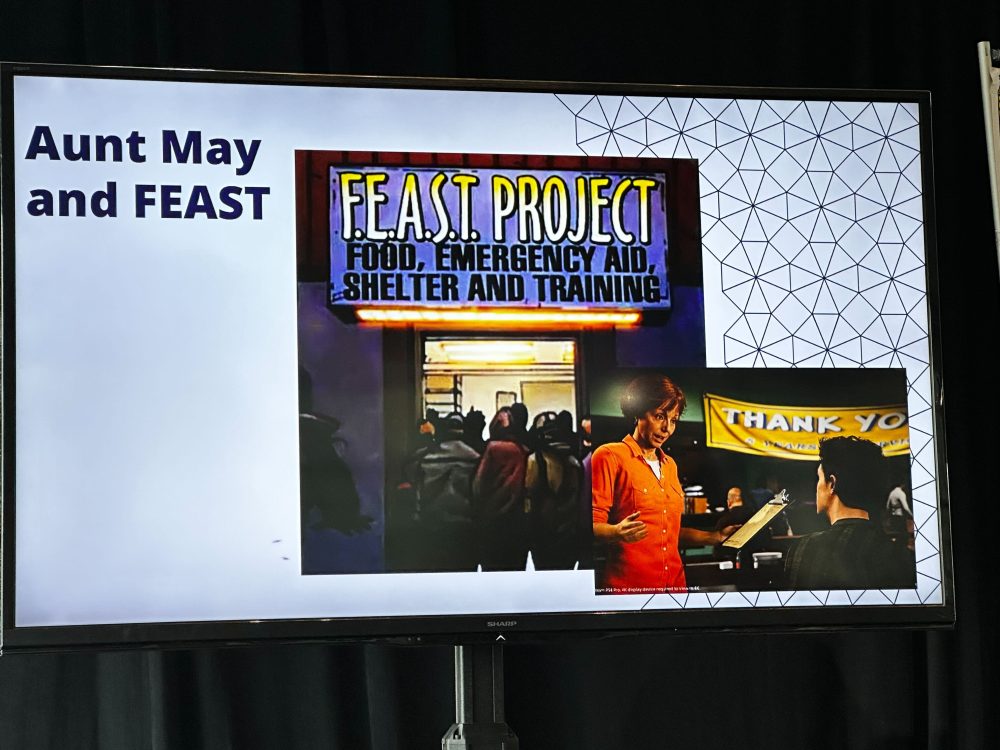
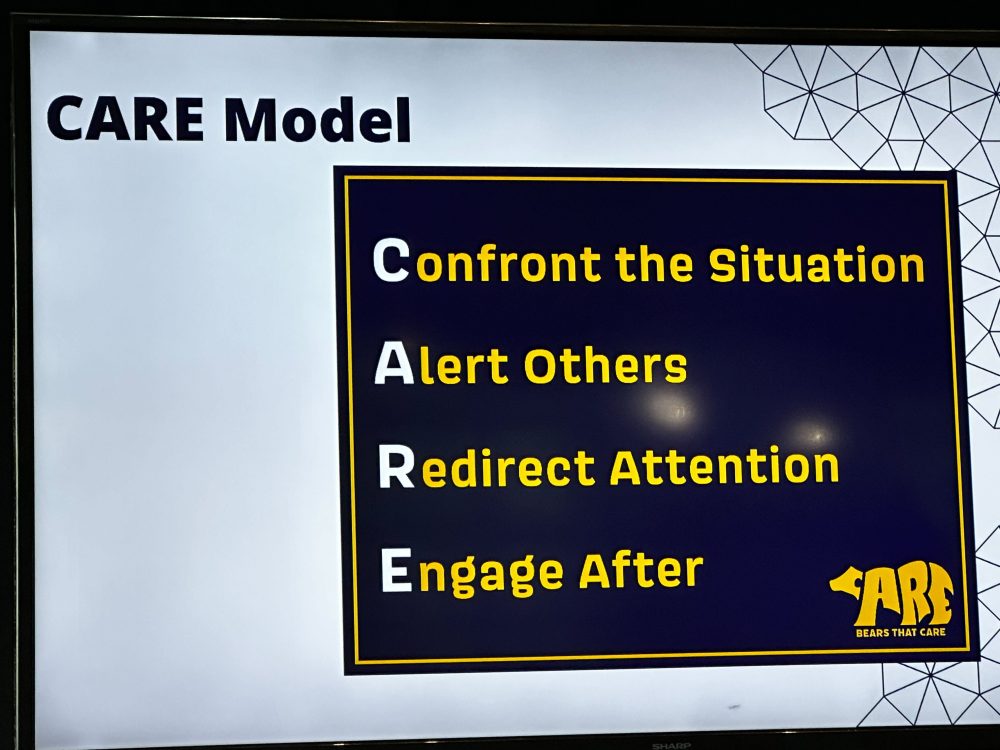


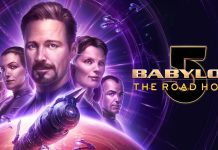
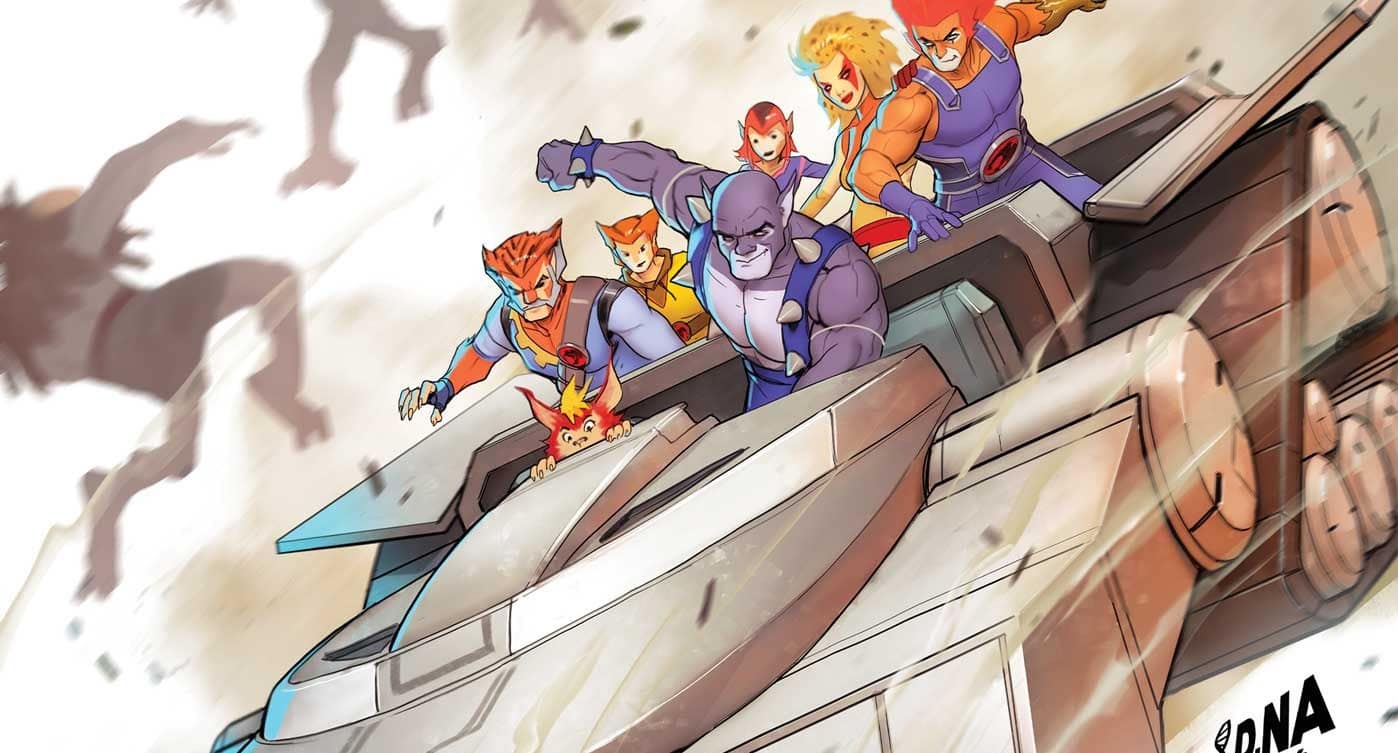
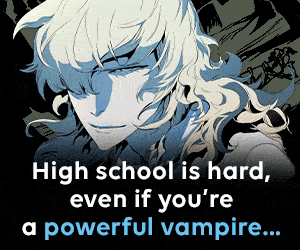

What a dumb way to start the article. You call it objectively a “murder” and show your bias. Just because they may have said it in the panel doesn’t make it true. This is more like how would J Jonah Jameson write an ignorant editorial.
Comments are closed.